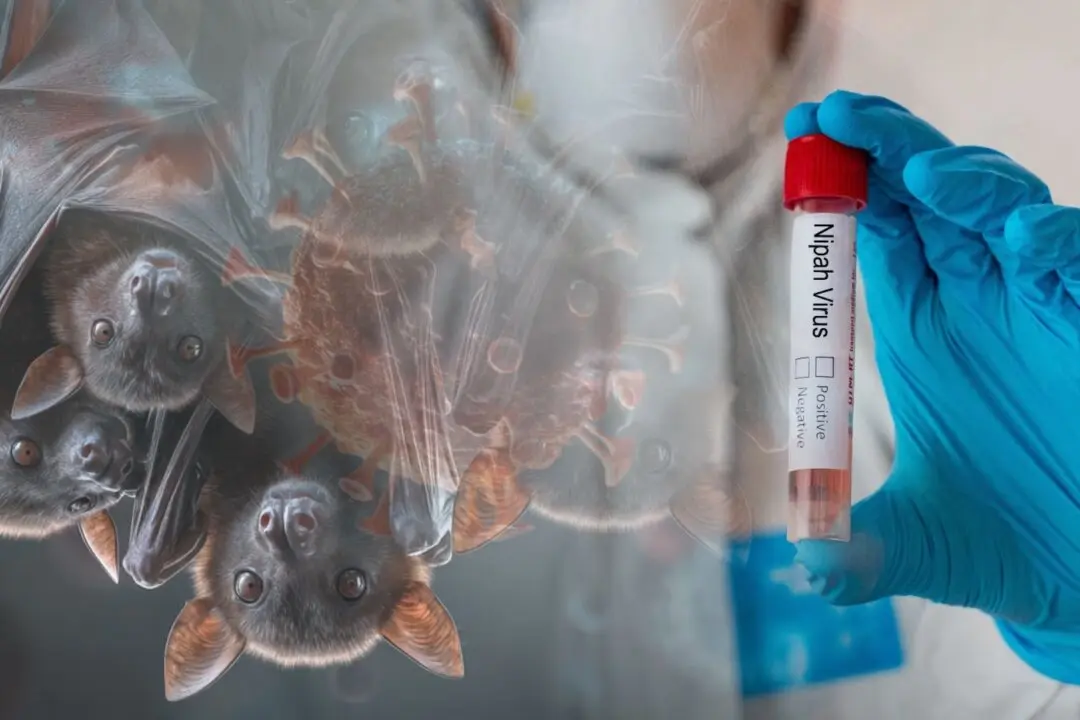Commentary
Our governments intend to transfer decisions over our health, families, and societal freedoms to the director-general of the World Health Organization (WHO), whenever he or she declares it necessary. The success of this transfer of power depends on public ignorance of its implications, and of the nature of the WHO itself and its recent pandemic policy reversals. When the public understands, then its leaders are more likely to act in their interests rather than against them.





